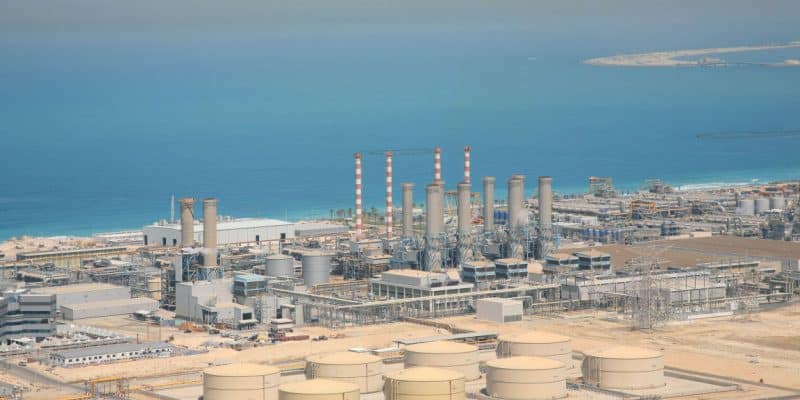Algerian Energy Company (AEC), the subsidiary of the national company for the research, production, transport, transformation, and marketing of hydrocarbons (SONATRACH), is entrusting the construction of two seawater desalination plants to Water and Environment Technologies Company (WETICO). These plants will be built in El Tarf and Bejaia.
The El Tarf and Bejaia desalination plants in Algeria will be built by Water and Environment Technologies Company (WETICO). The contract is awarded by Algerian Energy Company (AEC), the subsidiary of the national company for the research, production, transport, transformation and marketing of hydrocarbons (SONATRACH). AEC was recruited by the Algerian government in April 2022 to build five stations in several cities including El Tarf and Bejaia.
Wetico’s contract covers the design, engineering, procurement, construction supervision, testing and commissioning of the two seawater desalination plants, which will have capacities of 300,000 m3 per day each.
A guarantee of at least three years of assistance
The future installations will strengthen the supply of drinking water to the inhabitants of El Tarf and Bejaia in the face of persistent shortages in these cities. Weticoi’s contract also includes collaboration with the Algerian Industrial Projects Company (SARPI) and the National Pipeline Company (ENAC).
Read also – AFRICA: Desalination, now a key component of water supply strategies
The El Tarf and Bejaia stations, as well as those of Oran, Boumerdès and Bateau Cassé, the construction of which has also been entrusted to AEC by the Algerian government, will bring to 19 the number of desalination plants in the North African country. The share of desalination in the production of drinking water in Algeria will rise from 17 to 42%, with the expected capacity of the five plants estimated at 1.5 million m3 of water per day.
Inès Magoum







